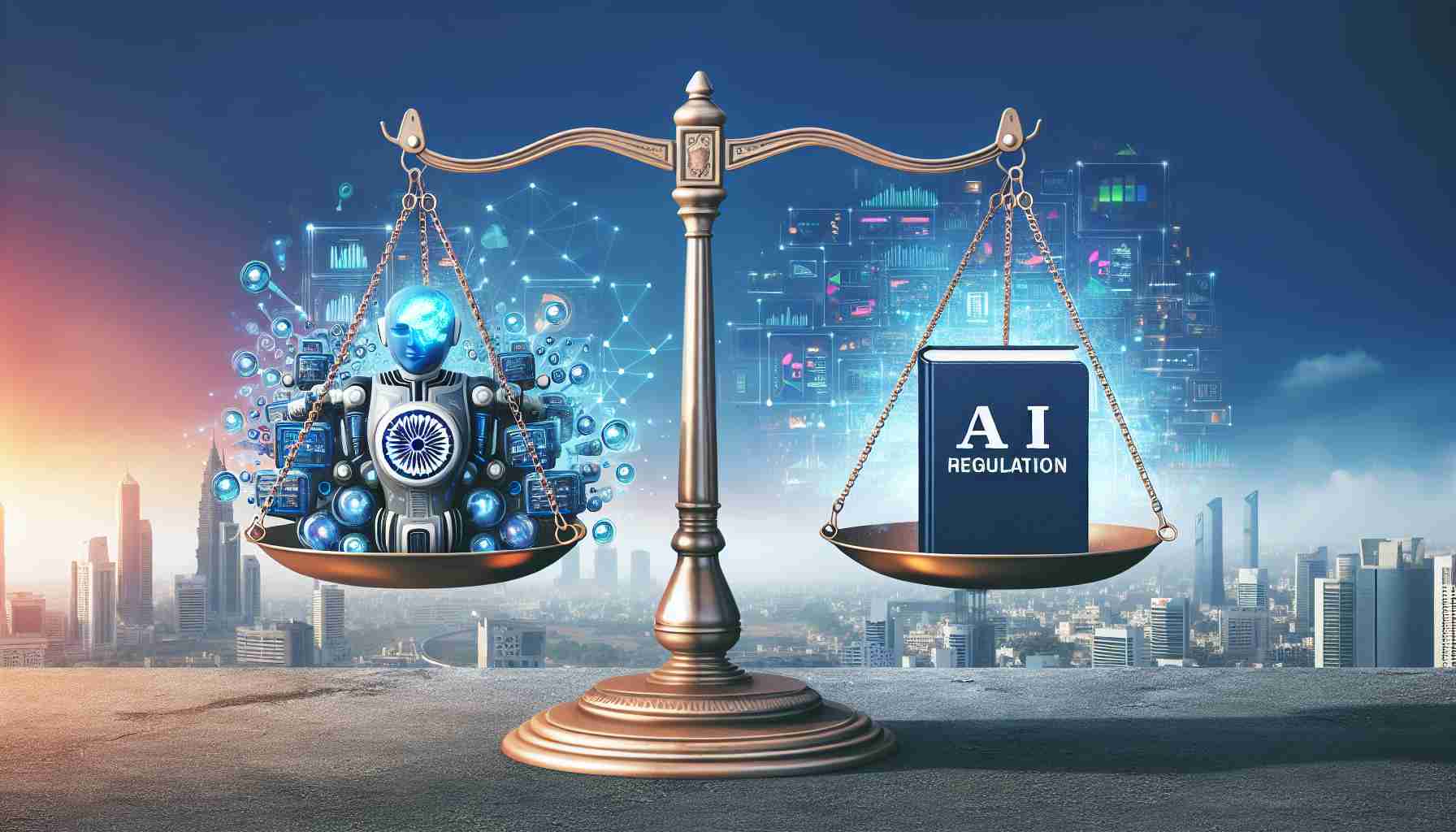India has the potential to succeed in the field of artificial intelligence (AI), thanks to its talent pool, robust academic institutions, and thriving start-up ecosystem. However, there are certain areas that require improvement, such as hardware development and collaboration with global partners on regulatory frameworks. These were the views expressed by Ylli Bajraktari, CEO of the Special Competitive Studies Project and former executive director of the US National Security Commission on Artificial Intelligence.
Bajraktari highlighted the importance of not falling behind in AI advancements and referred to the actions taken by countries worldwide to address security concerns related to Chinese technology. He stated that while India has all the necessary ingredients for success in AI, it should focus on enhancing its hardware capabilities.
In addition, Bajraktari emphasized the need for a balance between regulation and innovation in impactful AI applications. Addressing concerns about job displacement due to AI, he stressed the importance of retraining and reskilling workers in the next three to five years. Personalized education, access to the internet, and technology will play a crucial role in this process.
Furthermore, Bajraktari highlighted recent geopolitical competition between the US and China, and the collaborative efforts between India and the US through initiatives like iCET (Initiative on Critical and Emerging Technologies). He suggested that the US should engage in a dialogue with China on AI with clear objectives, while also involving partners like India to develop a “democratic set of technologies.”
India’s collaboration with the European Union through the Trade and Technology Council was also mentioned, which focuses on research and development in areas such as quantum computing, high-performance computing, trustworthy AI, and bridging the digital skills gap.
In conclusion, India possesses the necessary foundations for success in AI. By prioritizing hardware development, fostering regulatory collaboration, and promoting education and reskilling, India can harness the full potential of artificial intelligence while ensuring a balanced approach to its impact on the workforce and national security.
FAQs on Artificial Intelligence (AI) in India
Q1: What are the key factors that make India capable of succeeding in AI?
A1: India has a talent pool, robust academic institutions, and a thriving start-up ecosystem that give it the potential for success in AI.
Q2: What areas in AI do India need to improve upon?
A2: India should focus on enhancing its hardware development capabilities to keep up with AI advancements.
Q3: How should India balance regulation and innovation in AI applications?
A3: There should be a balance between regulation and innovation, and a focus on retraining and reskilling workers to address job displacement concerns. Personalized education, internet access, and technology will play a crucial role in this process.
Q4: What is the importance of collaboration between India and global partners in AI?
A4: Collaborative efforts, such as the iCET initiative with the US and the collaboration with the European Union through the Trade and Technology Council, will help in areas like quantum computing, high-performance computing, trustworthy AI, and bridging the digital skills gap.
Q5: What should be the objective of a dialogue between the US and China on AI?
A5: The dialogue should aim to develop a “democratic set of technologies” with clear objectives, while involving partners like India.
Key Terms/Jargon:
1. Artificial Intelligence (AI) – The development of computer systems that can perform tasks that would typically require human intelligence.
2. Hardware Development – The process of designing and manufacturing physical components of computer systems.
3. Regulatory Frameworks – The set of rules, regulations, and policies that govern the development and use of technology.
4. Job Displacement – The phenomenon where technology replaces human workers in certain roles, leading to unemployment or the need for workers to learn new skills.
5. Quantum Computing – A field of computing that utilizes the principles of quantum mechanics to perform certain calculations much faster than classical computers.
6. High-Performance Computing – The use of powerful computers to solve complex scientific and engineering problems.
7. Trustworthy AI – AI systems that are reliable, safe, secure, and maintain ethical standards.
Suggested Related Links:
– iCET Initiative official website
– European Commission – Adequacy Decisions
The source of the article is from the blog hashtagsroom.com

